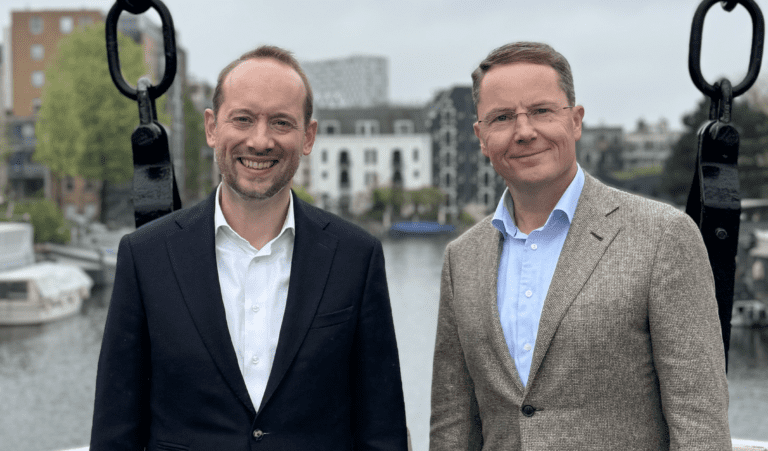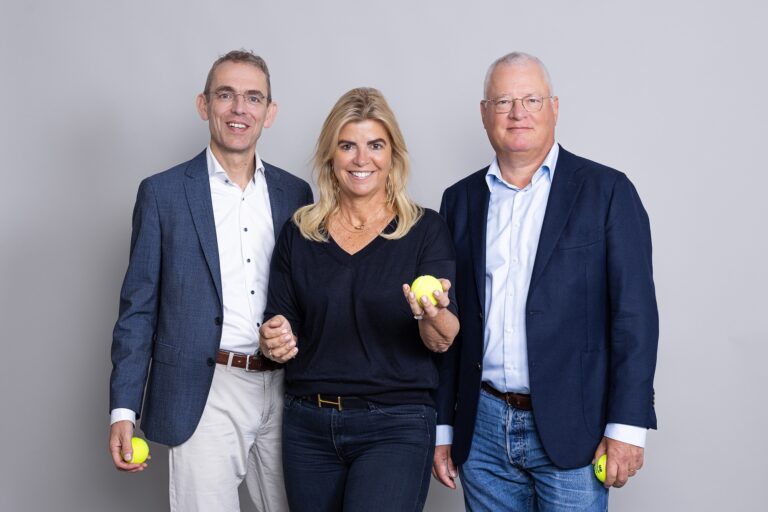
Green Talent shortage is the number one blocker towards green transition!
Written by: Ilonka Jankovich, Venture Partner Rubio
The transition towards a net zero economy is as much a people problem as it is an energy transition problem. As we look to progress, focus is naturally drawn to directing money flows towards the clean energy transition and building on the $1.8 trillio that was invested in 2023. But these green technologies being funded won’t go anywhere without a talent pool of trained people working day to day towards the advancement of this transition. We are lagging behind massively on these essential green skills.
18 million people in Europe need to be reskilled!
The International Labour Organisation (ILO) has a detailed definition for green jobs. In short, green jobs contribute to preserve or restore the environment and should be decent.
While some skills are highly specialized, such as electrical engineers, battery chemists, and nuclear physicists working on the frontiers, the vast majority of jobs require very different skills. The focus and shortage mainly relate to solar panel electricians, heat pump installers, and wind turbine engineers. Some 80% of solar jobs by 2030 in Europe will be in such installation roles.
In Europe, we will need to reskill 18 million people to reach our climate goals, with the biggest increase required in EVs and renewable energy. The UK needs at least 100,000 more heat pump installers today to meet its targets. Germany, which is Europe’s largest solar market, is predicted to need 5 million more workers by 2030 [3]. The number of open Dutch green worker vacancies which cannot be filled is circa 40%. And a recent EIB municipality survey found that talent shortage was the number one blocker to their green transition investment plans.
The gap is clear: we’re not training people fast enough to meet rapidly growing demand for these skills, and it’s holding us back from net zero. So what’s the issue?
There are sufficient green jobs available. What are the main categories of barriers and drivers to more people being in green jobs?
- clear overview and accessibility of green jobs
- ability to undertake green jobs: whether people have the skills necessary to fulfill these roles
- awareness of green jobs: how well people understand what green jobs are
- attractiveness of green jobs: attitudes towards green jobs and how these jobs compare to other roles in terms of salary, location and career opportunities
Startups addressing the talent shortage
There are a number of startups operating in this area and providing solutions for talent shortage:
– specialized job boards in the energy transition. Such as greenjobs.nl of The Netherlands this company matches the supply and demand of “green” vacancies: they give a good overview of green jobs and create awareness of the career possibilities and the positive impact of the work
– training and recruitment platforms with a focus on energy transition skills. Affordable or company-funded training options with attached linked (guaranteed) employment such as la solive in France
– the use of VR or AR can provide specific and complex training for example making wind turbines more efficient and safer, as is the case with startup Kanda from Denmark demonstrated
– developing and retaining our own installers and new lateral entrants installation companies is the focus of the Dutch startup Chapter works with as key objectives increase productivity and quality and safety of improve work, to make the sector more attractive as an employer
Innovative approaches to the labor shortage such as the above-mentioned and many more startups are developing are a good driver for the acute shortage. However, the government also has a role to play in providing and financing training these professions so that larger groups can consider making the switch to these highly impactful professions.
Rubio’s call to action
We are excited by the opportunity to address the green skills gap, which serves both people enjoying fulfilling jobs and enabling the green transition
One element that would get us really excited is a solution that taps into new talent pools. Under-represented groups like underemployed youth which are now being excluded from the green economy without the right skills. A platform that can attract new groups into the industry while upskilling and improving their lives is a win-win-win.
We’d love to hear your thoughts and connect with those crafting innovative solutions in this space. If you’re on a mission or just curious about making a positive impact, let’s chat!


